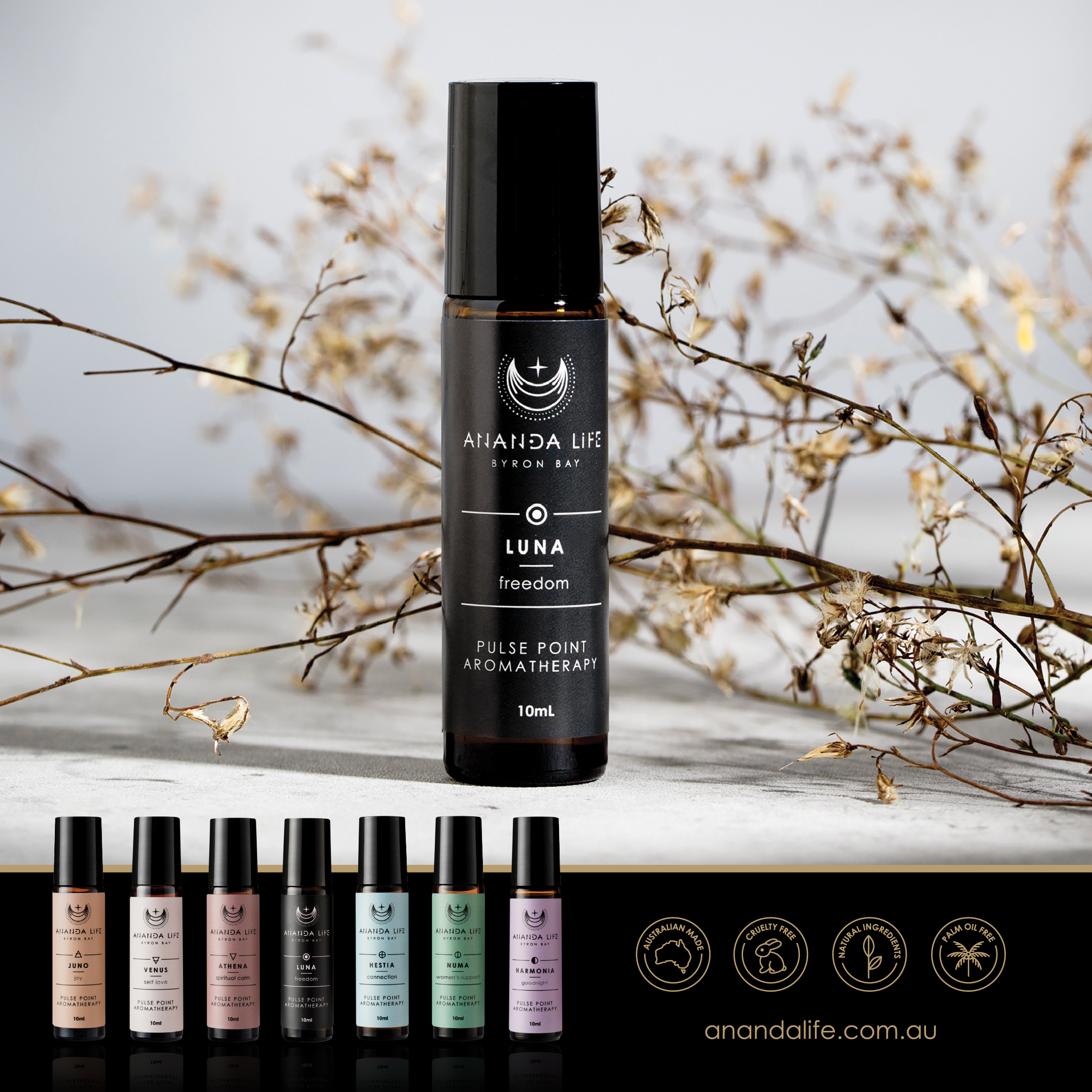Discover the Magic: Why Essential Oils Are Your Key to a Relaxed Nervous System
Discovering the magic of essential oils is like opening a door to a world of relaxation and tranquility. These potent plant extracts have the remarkable ability to soothe the nervous system, helping to melt away stress and promote a sense of emotional well-being.
Imagine the calming scent of lavender lulling you to sleep or the invigorating aroma of peppermint clearing your mind—essential oils can do just that. In this article, we'll delve into why essential oils are your key to a relaxed nervous system, exploring their benefits, the science behind their effects, and how to seamlessly incorporate them into your daily self-care routine.
Prepare to feel pampered, nurtured, and luxuriously relaxed as you unlock the secrets of these natural wonders.

Unveiling Essential Oils Benefits
Key Essential Oils for Relaxation
When it comes to relaxation, certain essential oils stand out for their calming properties. Lavender oil is perhaps the most renowned, known for its ability to reduce anxiety and improve sleep quality. Its floral scent has a soothing effect on the nervous system, making it ideal for a nighttime routine. Chamomile oil is another favorite, celebrated for its gentle, calming influence that evokes feelings of peace and serenity. Then there's ylang-ylang, with its sweet, floral aroma that helps alleviate stress and uplift mood. Additionally, bergamot oil, with its citrusy scent, is believed to reduce tension and promote relaxation. Each of these oils can be used individually or blended to create a personalized aroma.
Incorporating these into an essential oils uses chart can help you decide which ones are best suited for your needs. These oils not only nurture your senses but are also a step towards a more conscious, eco-friendly lifestyle.

Science Behind Their Effects
The science of essential oils and their impact on the nervous system is both fascinating and complex. Essential oils are composed of volatile compounds that, when inhaled, interact with the olfactory system. This system is directly linked to the brain's limbic region, which is responsible for emotions and memory. This connection explains why essential oils can significantly influence mood and stress levels.
Studies suggest that essential oils like lavender and chamomile contain linalool and bisabolol, compounds known for their sedative effects. These compounds help reduce cortisol levels, the hormone associated with stress. Moreover, the act of using essential oils, whether through inhalation or topical application, can promote a mindful moment, enhancing their calming effects.
Understanding these mechanisms can guide you in what are essential oils used for, ensuring you choose the right ones for relaxation and emotional balance. Embrace this natural approach to wellness for a more tranquil life.

Incorporating Aromatherapy into Daily Life
Incorporating aromatherapy into your daily routine can be a simple yet transformative practice.
Start by diffusing essential oils in your home or workspace. A diffuser releases the aromatic compounds into the air, creating an environment that promotes relaxation and focus.
For personal care, consider how to use essential oils on skin by adding a few drops to your bath or blending them into a carrier oil for a soothing massage. You can also create a calming ritual by applying a diluted essential oil to pulse points, such as wrists or behind the ears, to carry the scent with you throughout the day.
These small, mindful practices not only enhance your emotional well-being but also align with a cruelty-free and eco-friendly lifestyle, making everyday moments luxurious and nurturing.

